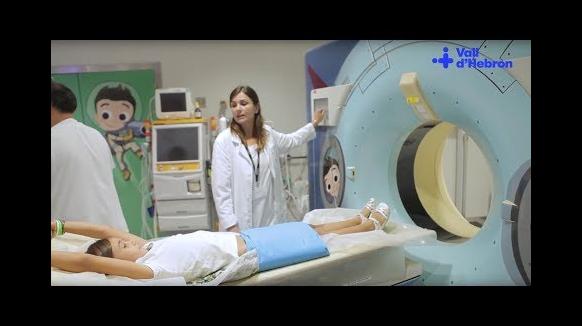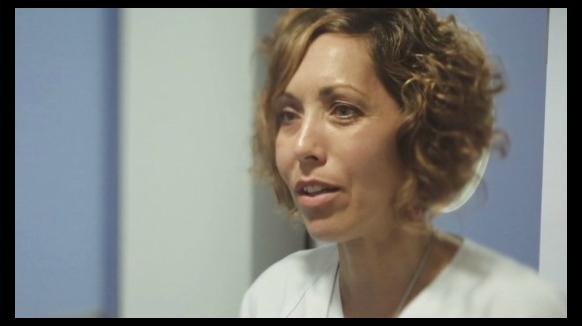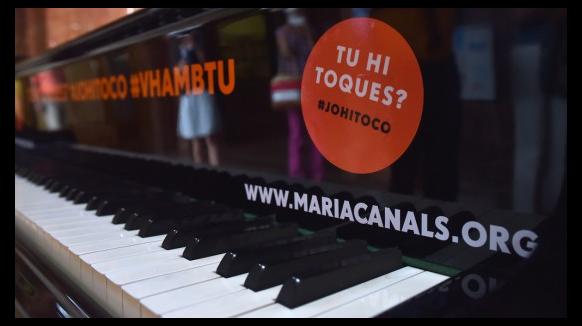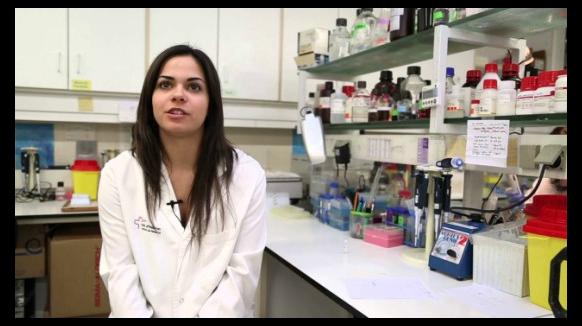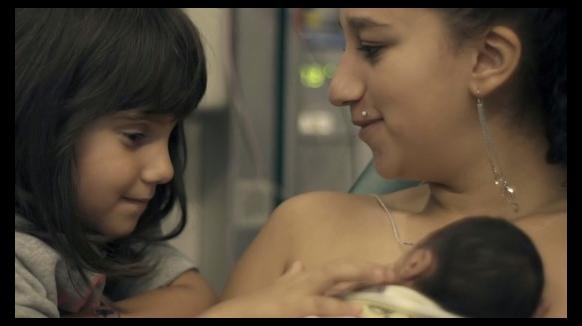Irritable bowel syndrome (IBS) is a common chronic functional gastrointestinal (GI) disorder characterized by abdominal pain, excess gas and diarrhoea or constipation, predominantly seen in young and mid- age females.
IBS constitutes 20-50% of the outpatient gastroenterology workload and is regularly encountered in general practice. However, there are a significant number of IBS patients, up to 60-70%, whose clinical severity is greatly magnified by the presence of mental (anxiety, depression) and somatic (fibromyalgia, chronic fatigue syndrome) comorbidities. While much has been gained recently in the understanding of the origin of IBS-alone, current knowledge on the aetiology and pathophysiology of comorbid IBS is poor and overtly unproven, rendering strategies for prevention, positive diagnosis, and prognosis unsatisfactory and inefficient due to the lack of sensitive and specific biomarkers. This particular niche of comorbid patients seems to behave differently to patients with IBS alone, with treatment failure and extremely detrimental impaired quality of life being the rule, mainly as a result of the lack of specific management strategies.
The societal resonance of IBS and mental and somatic comorbidities is enormous and on the rise. In Europe, IBS represents a serious burden to the healthcare systems with current estimates indicating that 85 million citizens suffer from IBS. Many of them, up to 60%, also share mental comorbidities (generalized anxiety disorder and depression, the most common disorders affecting 25 to 44% of IBS), and somatic comorbidities (about 14% have chronic fatigue syndrome and 32.5% have fibromyalgia). The annual societal cost for IBS is around €43 billion in Europe.
As we have seen, these are highly prevalent pathologies but until now they had never aroused the interest of European organizations to boost their research.
In response to this, the DISCOvERIE project has been created. It’s a pioneer project in Europe in the study of IBS and its comorbidities from an innovative and disruptive approach. The DISCOvERIE public private project was set up under the framework of Horizon2020, with nineteen partners, including small and medium enterprises (SMEs) and third parties and is coordinated by Dr Javier Santos, Gastroenterology Department of Vall d’Hebron University Hospital and principal investigator at the Physiology and Pathophysiology of the Digestive Tract research group of the Vall d’Hebron Research Institute (VHIR); and Dr Josep Antoni Ramos-Quiroga, head of the Psychiatric Department of Vall d’Hebron University Hospital and principal investigator of the Psychiatry, Mental Health and Addictions research group at the VHIR.
The mission of DISCOvERIE (Development, dIagnosis and prevention of gender-related Somatic and mental COmorbiditiEs in iRritable Bowel Syndromme In Europe) is to develop a personalised medicine solution to the problem by providing a thorough clinical and psychosocial characterization of IBS patients afflicted by mental and non-mental comorbidities with a particular focus on age and sex/gender-related differences, and lifestyle.
The strategic goal of DISCOvERIE is to provide an enhanced understanding on IBS and comorbidities and their risk factors. This will support a better diagnostic approach in clinical practice and facilitate the development of evidence-based medicine approaches leading to targeted therapy and personalized medicine in the future.
The project will determine mechanisms of intestinal and central nervous system function underlying comorbidities in IBS and their interaction with the peripheral microbiota-gut-brain axis and identify biomarkers specific for prevention, diagnosis and therapy of comorbid and multi-comorbid IBS through integrative data analysis, validate them and pre-commercialize the non-invasive predictive and therapeutic tests. By identifying the causative mechanisms of comorbid IBS and providing biomarkers for reclassification of this broad spectrum of disorders (anxiety, depression, fibromyalgia and chronic fatigue) DISCOvERIE will lead to personalized medicine approaches.
Finally, DISCOvERIE will translate specific comorbid IBS aetiological and physiopathological knowledge into clinical guidelines to improve prevention, diagnosis, prognosis, therapy development, and management of co- and multimorbidities. These guidelines will be delivered direct to the European healthcare system.
By incorporating a user board involving national representatives of patient associations along with renownedspecialists in the field, European healthcare experts and large pharma and SME representatives into our management structure we aim to create a European Reference Networkfor comorbid IBS (COIBSnet) involving healthcare providers across Europe.
In conclusion, findings of this project will directly impact patients’ and relatives’ quality of life.
This project has received 6M euros funding from the European Union's Horizon 2020 research and innovation programme under grant agreement (Nº 848228) and will last 5 years (2020-2024).
DISCOvERIE partners
The DISCOvERIE consortium represents a renowned group of clinical and research experts and opinion leaders in the field of neuro-gastroenterology, psychiatric disorders and somatic pain disorders. It is integrated by universitary hospitals and third parties across Europe: Vall d'Hebron Research Institute, Spain; Goeteborgs Universitet, Sweden; Johann Wolfgang Goethe-Universitat Frankfurt Am Main and Universitaetsklinikum Heidelberg, Germany; Alma Mater Studiorum - Universita di Bologna, Italy; Semmelweis Egyetem, Hungary; Katholieke Universiteit Leuve KU Leuven and VIB, Belgium; Universitatea De Medicina Si Farmacie Iuliu Hatieganu, Romania; Stichting Katholieke Universiteit and Universiteit Maastricht, Netherlands; and University College Cork - National University of Ireland, Ireland.
The SMEs in Spain are Anaxomics Biotech, Byte Factory, humanITcare, and Cliclab; in Austria is Emergentec Biodevelopment Gmbh; in Netherlands, Hycult Biotechnology and in USA, Nanostring Technologies Inc.

